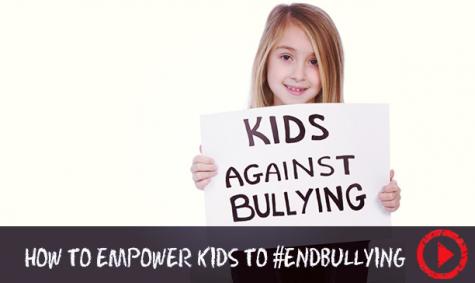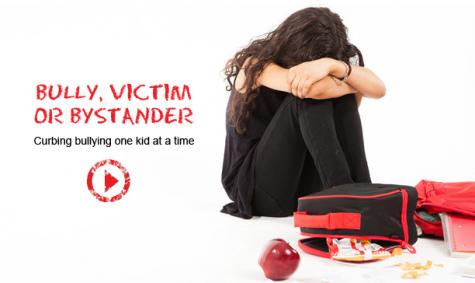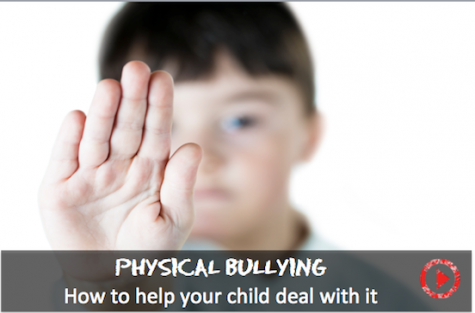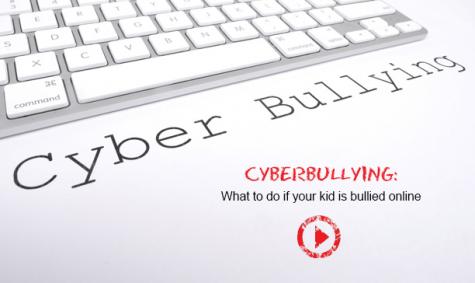
|





|





| |
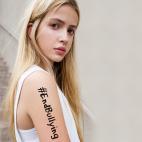
Kids in the House interviewed Liz Laugeson -- psychologist, author and one of the top bullying experts in the country -- to get her advice on what to do if you suspect or know that your child is being bullied. Here are her tips on how to handle different types of bullying: 1. Cyber-Bullying Often the way parents and kids react to cyber-bullying can actually make it worse. “People post negative comments about people online and it’s called trolling. says Laugeson. “One of the sayings online is: Don’t feed the trolls. You don’t want to post negative comments back or try to defend yourself because you’re actually giving them the reaction that they’re looking for.” The best way to deal with cyber-bullying is to have friends come to your defense. If enough people post positive comments about a person, the online bullies are not going to get the reaction they are after. “Bullies like to pick on people who are alone, unprotected or defenseless. If it looks like you have support, it’s going to be less appealing to cyber-bully you,” she says. 2. Physical Bullying Any unconsented touching is considered a legal battery, and battery is unlawful. Although strategies exist that can help kids avoid becoming the targets of bullies (hanging out in groups, staying in the presence of adults, staying away from where bullies hang out), if physical bullying occurs, it is important to document it and report it to the school. Parents should not wait until a situation escalates to do something about it. Bullies should be taught that physical battery is breaking the law and has very real and serious consequences. 3. Verbal abuse Verbal abuse, making fun of someone, disparaging remarks, name calling, and taunting can be more painful than physical bullying because it is psychological. According to Laugeson, what kids who are socially accepted do in these situations is act like what the person said didn’t bother them. Say things like: “Am I supposed to care?” “Is that supposed to be funny?” Shrug your shoulders, roll your eyes. Pretend that it is your younger sibling teasing you. “If we make the teasing not fun for them by acting like what they said was lame, it makes it less likely that we will be teased in the future,” she says. 4. Exclusion There is actually data now to say that exclusion hurts kids as much as lack of food or water. For teenagers, it is especially important to belong to a social community, which is why exclusion is so painful. Bullies will spread malicious rumors to make someone feel like an outsider. Rumors are effective because they don’t even have to be true to cause damage. According to Laugeson, the best way to respond to a rumor is to let other people see that it doesn’t bother you, and that you are amazed that other people even care. “It doesn’t even matter if it’s true. If it is true, you act amazed that anyone would care. If it’s not true, you act amazed that anyone would believe it” she says. 5. Sexual Harassment Sadly, sexual bullying is serious problem for LGBTQ young people. 1 in 4 report being physically assaulted at school, 80% have experienced verbal abuse, and 40% report being physically harassed on a regular basis. The Supreme Court has ruled that all K through 12 schools have a duty to educate kids about sexual harassment and how to report it. Schools are responsible for investigating each incident and making sure that children reporting sexual harassment are protected against retaliation. It is important that parents of LGBTQ children advocate on their behalf and ask the schools what they are doing to keep their children safe. Finally, teach your child to stand up for others. In the words of Dr. Martin Luther King Junior “In the end, we will remember not the words of our enemies, but the silence of our friends.”
Has your child been a target of bullying? What did you do about it? |

|
||||||||
|
|||||||||
Copy and Paste Newsletter Code Box (HTML)
Click the box below and press Ctrl C (PC) or Command C (Mac) - Generate PRINT Version



